Mosaic is yet another valid addition to Fennesz’s already spotless catalog. Among the many ambient records I’ve heard this year, Fennesz thankfully reminds us of what ambient music can be when it is done in an original way, rather than offering the usual pulp of clean synth pads with some string arrangements.
Long and sustained sweeps are far more prevalent
Christian Fennesz has been one of the most talked about names in experimental electronic music for almost thirty years now, and the reason being is probably because the music has always stayed both consistent and varied. From his own solo catalog, to the large number of collaborations and projects he’s taken part in, Fennesz has essentially made a name for himself by constantly being able to put out memorable music with his unique approach. Starting off with his minimalistic 1997 debut Hotel paral.lel— remastered in 2007 with Editions Mego—Fennesz has since structured his music to be more textured and layered, leaning more towards atmosphere and stretched guitar sequences later in his career. Not forgetting the outstanding Venice—an album that continues to work extremely well, even after 20 years.
His last solo record, Agora, happened to be my favorite of his, as it was a pretty substantial shift in composition; featuring only four lengthy tracks, that LP focused on creating immersive and rather textured ambient pieces, thus also being pretty far from some of Fennesz’s more experimental outcomings, such as the 4g project he took part in with Rowe, Ambarchi, and Nakamura. That left me hoping that his following LP would feature a similar approach, and here we are today with Mosaic.
Mosaic does, in fact, feature a very similar approach to Agora. Longer tracks, which slowly and subtly transform throughout their course, heavily focused on ambience and texture. In contrast, Mosaic is a lot more delicate, as there’s barely any big climaxes or walls of noise to be found. It’s pretty smooth, at parts, which is not a common trait with Fennesz recordings. That’s mainly due to how much this album highlights its open soundscapes, far more than its use of texture and noise, as long and sustained sweeps are far more prevalent than any glitchy details.
Some very characteristic Fennesz touches ::
There are still some very characteristic Fennesz touches though, such as with “Heliconia,” my favorite track of the bunch. It starts off with ambience like I’ve talked about until now, really slow and drawn-out chords that make the first half of the piece really soothing. It’s still very much textured, with some really thin noise being one of the more noticeable timbres at the beginning, but later getting overshadowed by these big chords and some brighter textures of noise. However, “Heliconia” offers a surprising switch in its second half; it’s easy to get lost in a piece like this and think it’s going to grow bigger and bigger for the whole nine minutes it lasts for, but instead it decides to slow down. Fennesz’s signature guitar use becomes apparent halfway in, where some proper strums appear; it is not common to find more traditional guitar playing in Fennesz’s music, even though there’s always been some if you look for it, but this time it’s really, really blunt. It’s an interesting approach too, as said guitar isn’t left untouched, each strum seems to stutter, almost as if it was repeating three or four times in milliseconds. It’s a refreshing touch, and it makes this track super memorable.
“Love and the Framed Insects” continues the streak of highlights, thanks to the most beautiful textures on the album. It’s an almost dreamy track, not trance-inducing but surely hypnotic. You can catch some really, really sweet guitar slides here and there, and their occasional nature is what makes them so nice to pick up, as they’re not a repeating element like the ones in the track’s core. Disrupting this beautiful calm is a pretty loud section at the midpoint, which isn’t unpleasant by any means, but will open your eyelids in case you were getting carried away by the comfort.
Similar approach is in “Personare,” which is one of the most repetitive and homogenous tracks on the LP. The sudden shift halfway in provides a great contrast to disrupt the monotony, and is easily one of the best parts of the whole record. The really thick and buzzy textures that pop up in this break are seriously great, and I love how the piece maintains that sweet buzzy drone even afterwards, going back to the track’s original loop but with this added meaty whir.
Then there’s “A Man Outside,” the quietest and most minimalistic. It’s the one track that I would confidently say is focused most on its textures than it is one atmosphere, as it also occasionally presents parts where no more than a veil of noise or some clicky sounds make their way in. It is a bit unmemorable as a result, but it does contribute to the variety of the album.
A desolate detour ::
After that desolate detour, the album strikes back with two more comforting pieces, “Patterning Heart” and the closer “Goniorizon.” The former is rather melancholic in nature, and not too dissimilar to “Love and the Framed Insects” when it comes to progression, as it slowly and really subtly changes as it moves forward—each echo seems to be slightly different from the previous, sometimes the noise seems to be just a little bit louder, and there’s some atonal crunches every now and then.
“Goniorizon” leaves even more of an impression, as it features the smoothest and most fluid textures on the LP. It almost feels like taking a bath in sparkling water, though not that I know what that actually feels like; it’s the continuous fluid motion of bubbling noises that makes me feel that way, and it sure is a track you can get lost in pretty easily. It’s so damn pleasant as it is, but it gets even better as it sometimes grows significantly in volume, reaching these brief moments of ecstasy to shake things up.
Mosaic is yet another valid addition to Fennesz’s already spotless catalog. Among the many ambient records I’ve heard this year, Fennesz thankfully reminds us of what ambient music can be when it is done in an original way, rather than offering the usual pulp of clean synth pads with some string arrangements. Truth be told, records like this surely don’t come out of the blue, as the guy has plenty of experience to put on his tapes and has perfected his own style over the years. Mosaic may not be the ultimate depiction of those capabilities, but it sure is yet another winner among his many wonderful LPs; being an amazingly detailed record that is instantly recognizable as no one else’s but Fennesz’s.
Recorded by Christian Fennesz at Seven Fountains/Vienna between January and May 2024
Mastered by Denis Blackham
Photography & design by Jon Wozencroft
Published by Touch Music/Fairwood Music (UK) Ltd
Mosaic is available on Touch. [Bandcamp]






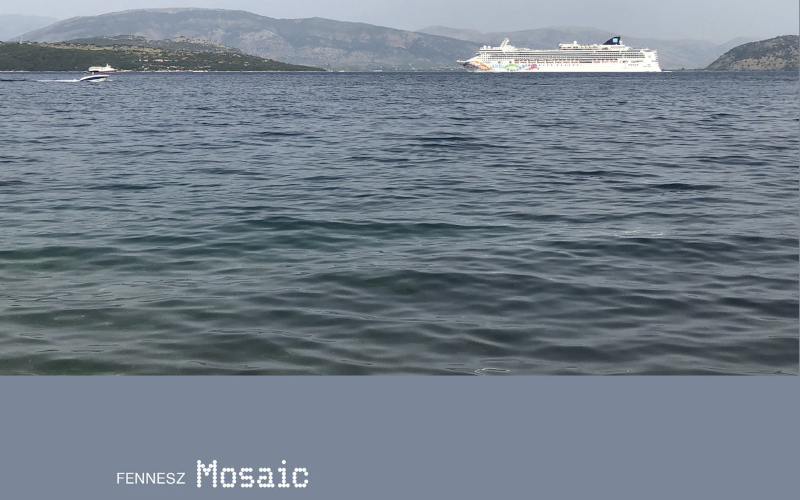



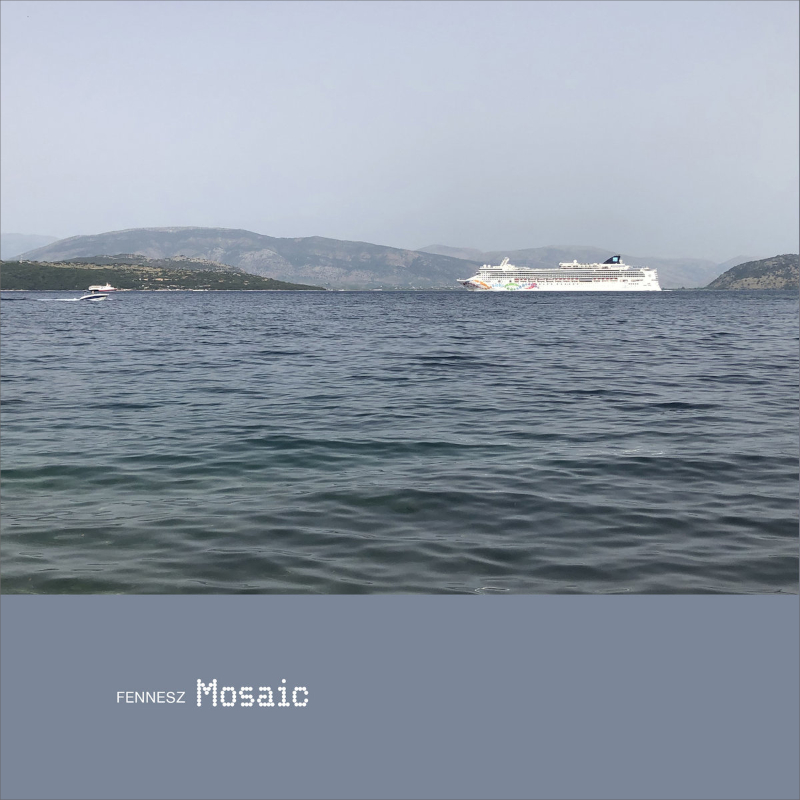
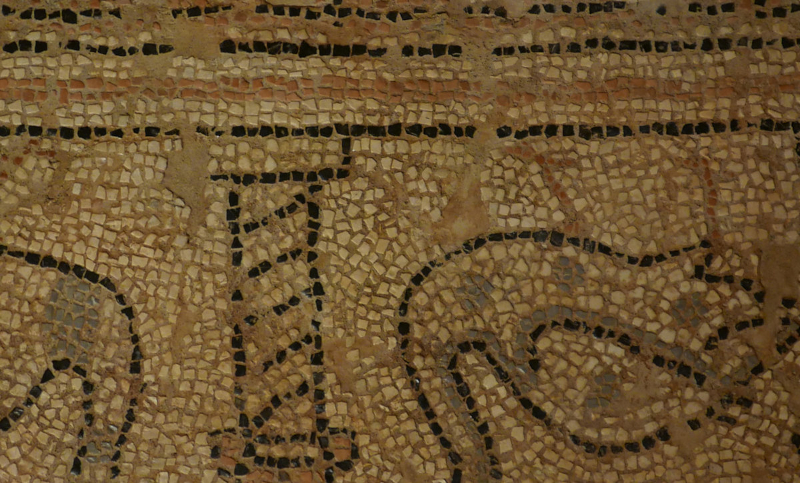

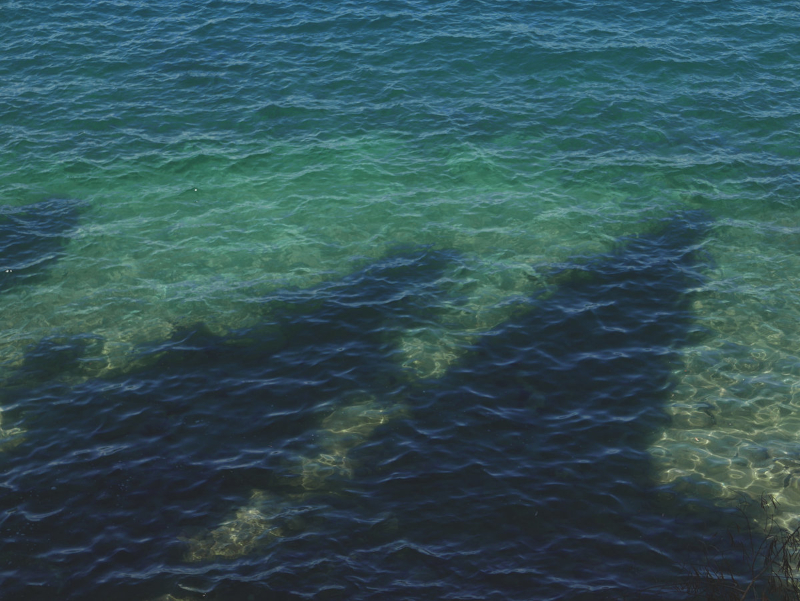


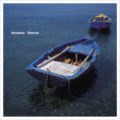
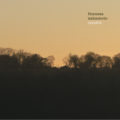
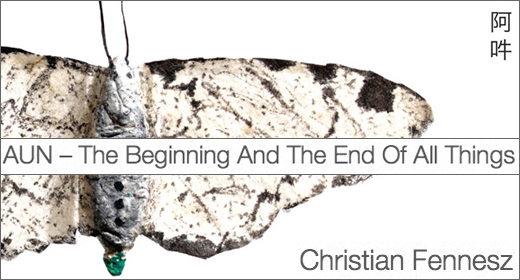
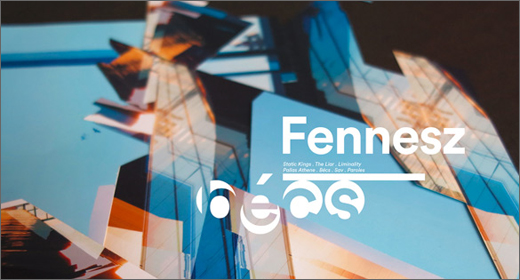


![Ndorfik & madebyitself :: Solos EP (People Can Listen) — [concise]](https://igloomag.com/wp/wp-content/uploads/2025/04/ndorfik-madebyitself-solos_feat-75x75.jpg)








